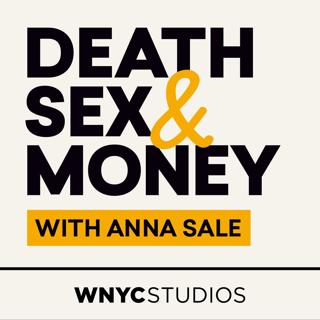Om episode
Accidental injuries are the fourth leading cause of death in the United States. Nearly 200,000 people die every year from overdoses, fires, unintentional gun discharges, falls, and car crashes. The headlines are familiar, but what we don't often hear about are the stories from people who cause those accidents—and survive. One of those people is John Vargas. "Nobody talks about that person on the other side," he told me when we spoke. "Do they think we woke up in the morning and wanted this to happen?" In 2017, John was driving for work when he hit a pedestrian in his hometown of Chicago. He wasn't charged with a crime; it was just a terrible accident. And in the aftermath, he couldn't find anyone to talk to who knew what he was going through—until he found a Facebook support group for people who have accidentally killed other people. "It was like the parting of the Red Sea," he says. "It was just like, holy cow. I'm not alone." I also spoke with Theresa Ruf, who moderates the group, about why she decided to form it in the years after she hit and killed a motorcyclist. Unlike John, Theresa's case did enter the legal system, where it languished for eight years—and in that time, adrift and wracked with guilt, Theresa wanted to do something to help other people who were in the kind of pain she was. "If I'm being honest, [part of the reason] why I started the group was like, maybe this is something I could do to feel a little better about myself by helping other people," she told me. "It helps me, too." If you or someone you love are struggling after being involved in a fatal accident, here are some resources that might help: Accidental Impacts, a website founded by social psychologist Maryann Gray Theresa's private Facebook group, Accidental Casualty Survivors EMDRIA, a directory of licensed EMDR therapists The Sorrow and the Shame of the Accidental Killer, by Alice Gregory (The New Yorker, September 2017)
